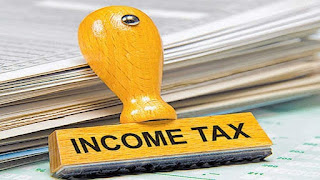Why you should avoid cash in these transactions
There is a blanket ban on cash payment transactions above ₹2 lakh. For example, if you are buying a jewellery set of ₹3 lakh, since the purchase price is above the permissible limit, the person cannot pay in cash for this transaction.
An individual cannot even accept cash from close relative above this limit in a single day. Some transactions are out of this purview. For example, you run a business and want to deposit over ₹2 lakh in the bank account which you have received in multiple transactions during the course of business.
LIMITS ON LOANS AND PROPERTY
If someone is taking a loan from a financial institution or even from a friend, the cash limit cannot be more than ₹20,000. The same rule applies to repayment of the loan. For loan repayment of ₹20,000, the person must pay through the banking channel.
The maximum cash permitted in a property transaction, too, is ₹20,000. Even if a seller is taking an advance, the limit is the same.
BUSINESS EXPENDITURE
Businesses are also discouraged from accepting or paying in cash. If a business owner transacts for more than ₹10,000 in cash, he cannot claim it as an expenditure or claim depreciation.
TAX-SAVING INSTRUMENTS
When doing your tax planning, ensure that you don’t pay for health insurance in cash. The law does not allow the taxpayer to take benefit of Section 80D if he pays the insurance premium in cash. It has to be done mandatorily through the banking channel.
In most cases, the onus is on the receiver to not accept cash. Typically, the income tax department levies the penalty on the receiver, equivalent to the amount involved. It’s logical as the person giving the cash can always deny it.
It’s not allowed even if you receive the money in cash and immediately deposit it in the bank account.
Download our App to get knowledge updates: https://play.google.com/store/apps/details?id=com.app.gstmitraa
Join Our Telegram Channel for more updates: https://t.me/praveengst




Comments
Post a Comment